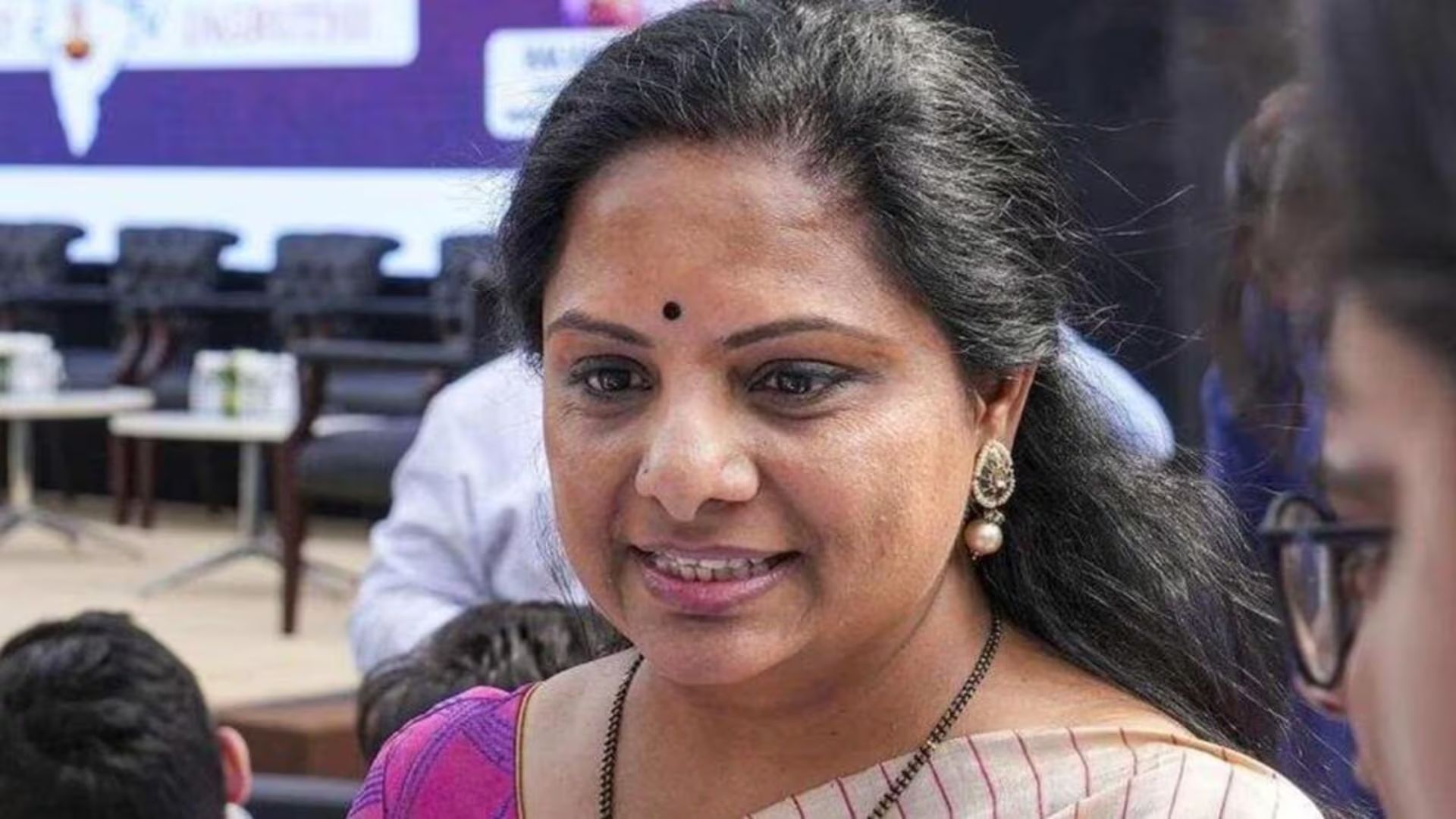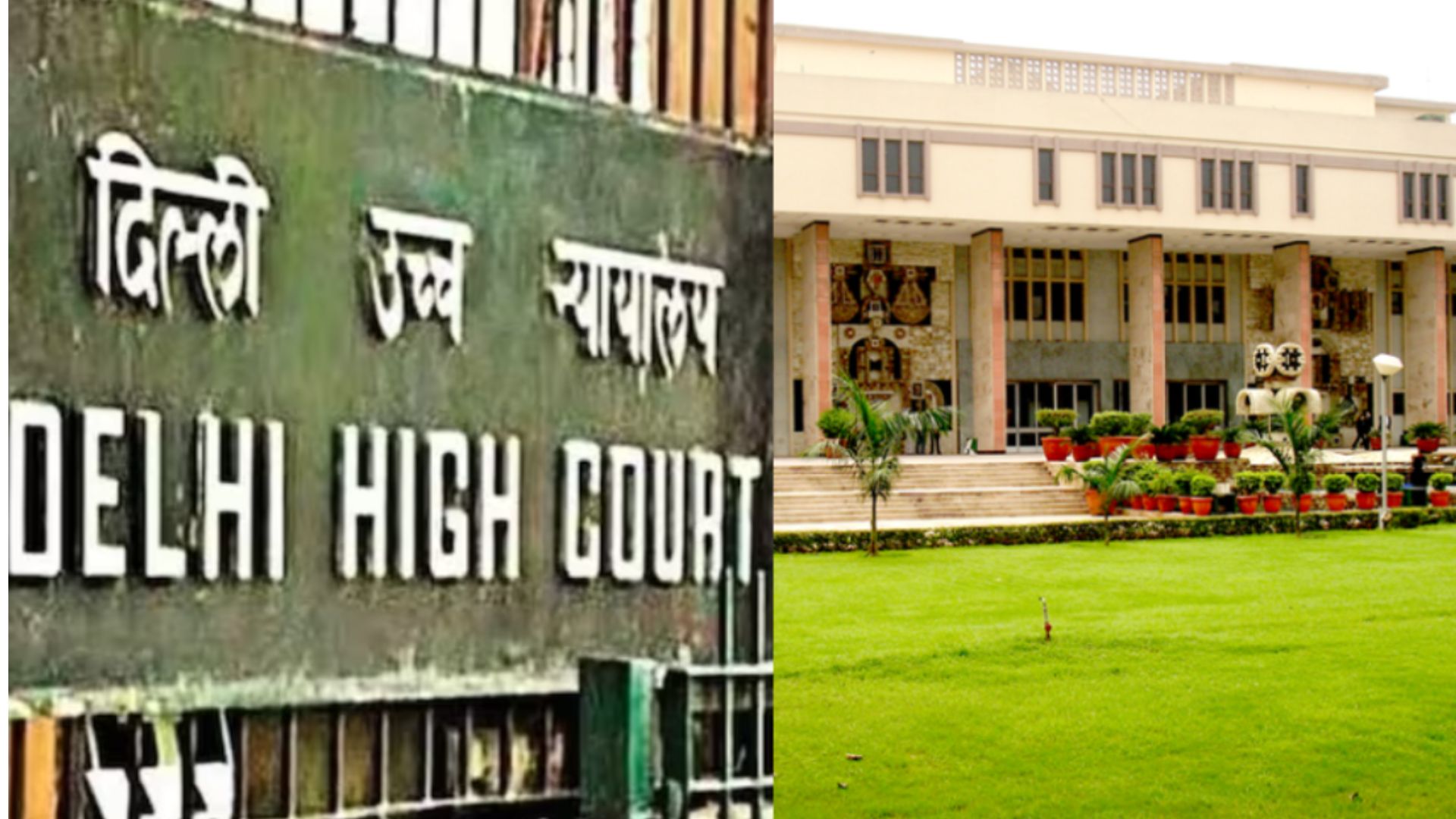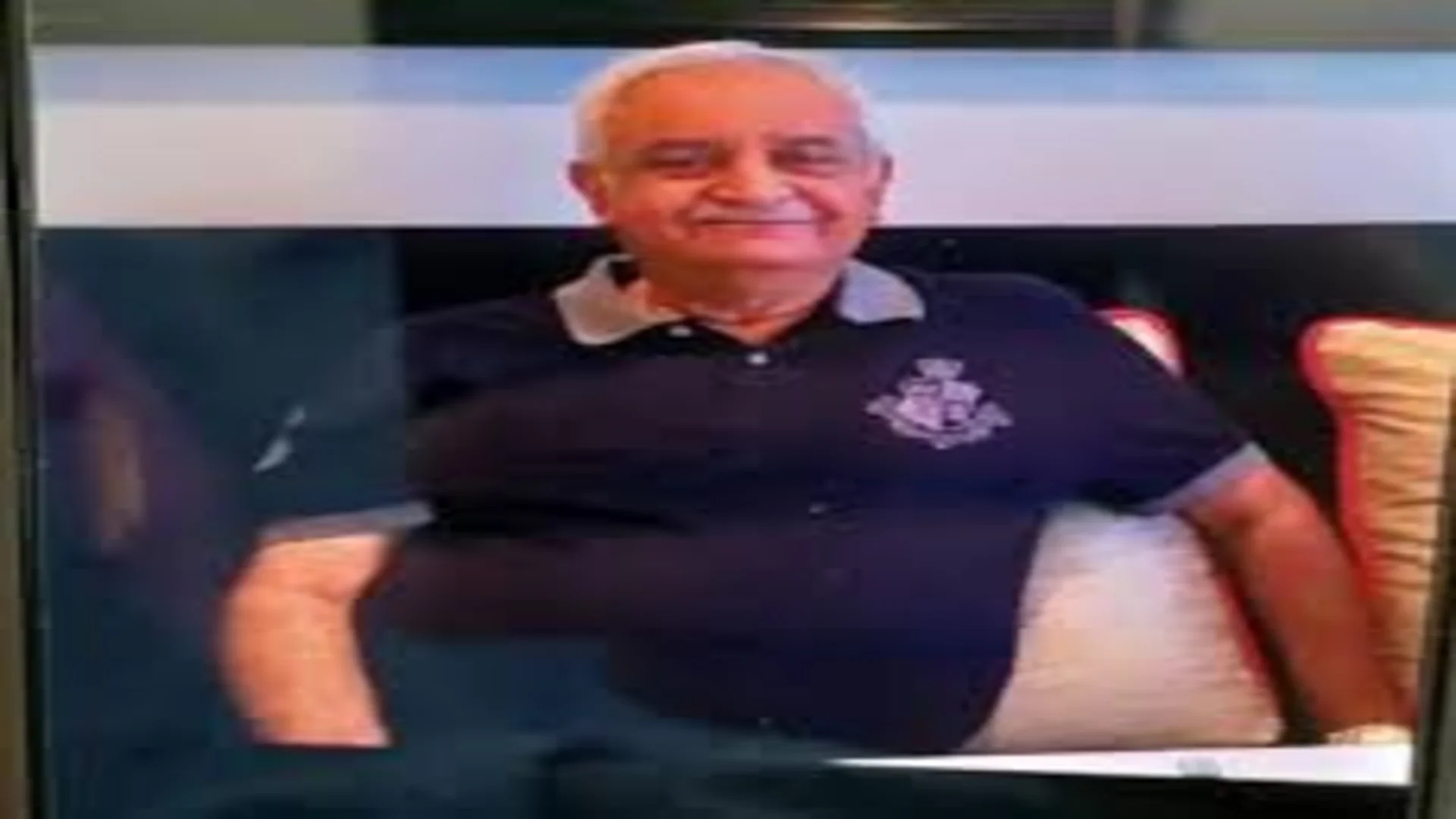The Delhi High Court finds itself at the centre of a legal saga as it reserves its decision on the bail plea filed by BRS leader K Kavitha in connection with the Delhi excise policy case, which involves investigations by both the Central Bureau of Investigation (CBI) and the Enforcement Directorate (ED).
K Kavitha, a prominent figure in the political landscape, has been embroiled in the Delhi excise policy case, which has captured headlines for its intricate legal proceedings and implications for governance and accountability.
The case revolves around alleged irregularities and misconduct in the implementation of the excise policy in Delhi, raising serious questions about transparency and integrity in government affairs. The Central Bureau of Investigation (CBI) and the Enforcement Directorate (ED) have been conducting separate investigations into the matter, delving into various aspects of the alleged wrongdoing and scrutinizing key individuals involved, including K Kavitha.
In light of the gravity of the accusations and the complexity of the legal terrain, K Kavitha filed a bail plea before the Delhi High Court, seeking relief from the stringent conditions of custody pending trial.
During the hearing, both the prosecution and the defense presented their arguments, meticulously dissecting the evidence and legal precedents relevant to the case. The court, in turn, carefully deliberated on the submissions made by both sides, weighing the merits of the bail plea against the broader context of the ongoing investigations and the principles of justice.
Following the exhaustive proceedings, the Delhi High Court reserved its order on K Kavitha’s bail plea, signaling the anticipation and suspense surrounding the outcome of this pivotal legal battle.
The decision of the Delhi High Court will undoubtedly have far-reaching implications, not only for the individuals directly involved but also for the broader landscape of governance, accountability, and the rule of law in the capital city.
As stakeholders eagerly await the court’s ruling, the Delhi excise policy case continues to serve as a stark reminder of the importance of transparency, integrity, and accountability in public administration, underscoring the enduring significance of upholding the principles of justice and fairness in the corridors of power.
















